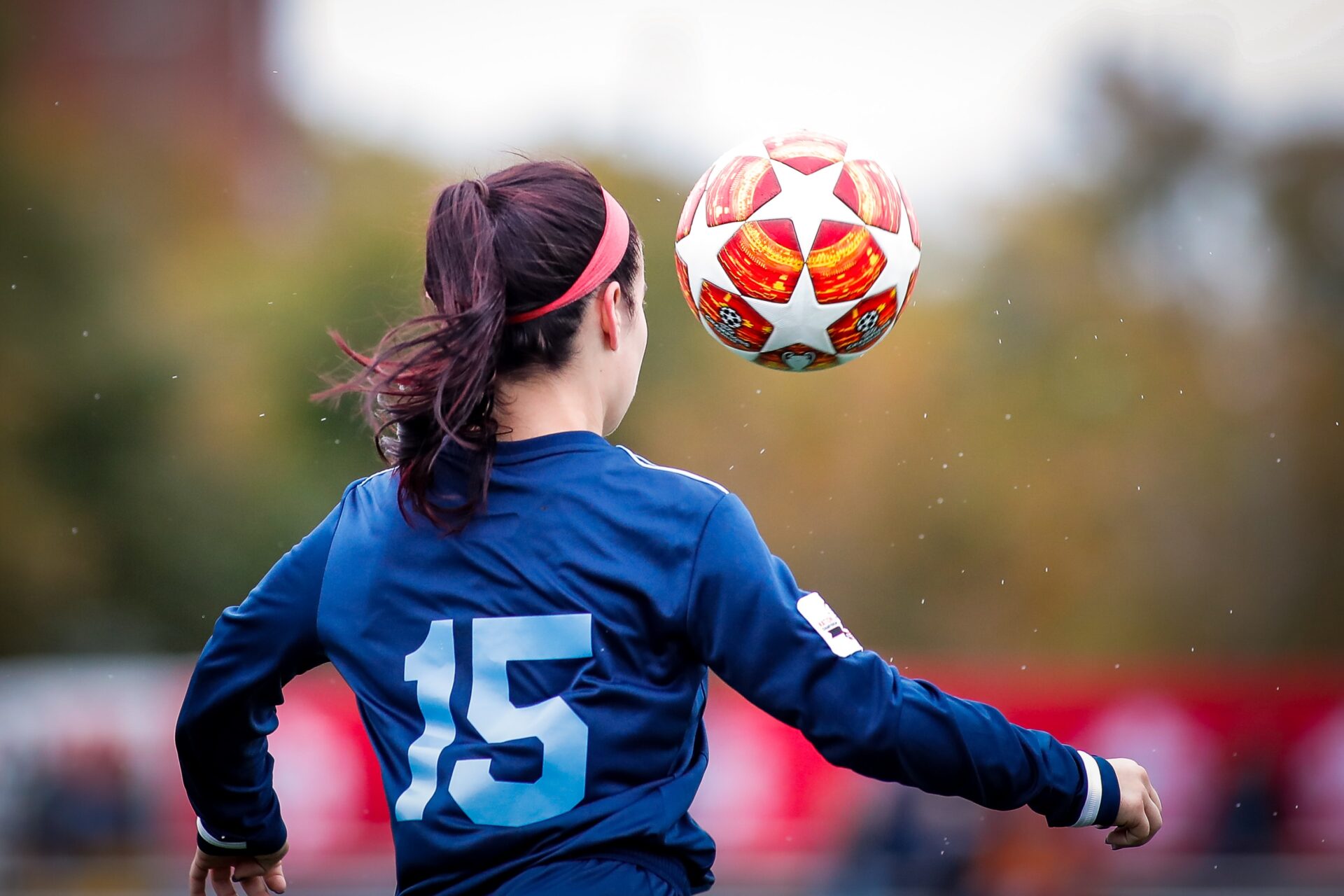What is a Concussion?
A concussion is a type of mild traumatic brain injury, or mTBI, caused by a bump, blow, or jolt to the head that can change the way your brain normally works. Concussions often occur from a sports or recreational injury, work injury, motor vehicle accident, or fall that causes the head to move rapidly back and forth. When a concussion has occurred there is a chemical imbalance inside the brain, which interferes with nerve cells that send messages throughout the body. Cognitive function, functions related to the body (such as imbalance, dizziness, headaches, visual problems), emotional functions, and sleep can be disrupted.

What are the Most Common Symptoms Observed/Reported?
- Headache.
- Imbalance or uncoordinated movement.
- Dizziness or vertigo.
- Visual problems.
- Feeling “foggy”.
- Sensitivity to light or sound.
- Sleeping more than usual or increased fatigue.
- Mood or personality changes.
- Difficulty concentrating or remembering.
- Forgetting simple things, answering questions slowly, repeating questions.
How Can Physical Therapy Help Following a Concussion?
Aquacare Physical Therapy has specialists trained to examine, screen, and treat areas affected by the concussion, such as the brain, inner ears, eyes, and neck. Each patient will receive a thorough examination by a physical therapist certified in vestibular rehabilitation, specially trained to assess patients with post-concussion syndrome. Treatment is individualized for the patient, depending upon the person’s symptoms, impairments, and functional limitations. Examination includes:
- Cervical assessment, such as ligament integrity, range of motion, strength, and muscle tone, headache history.
- Vestibular assessment, such as oculomotor testing, positional vertigo testing, balance testing.
This Service Offered At These Locations

